A concrete block — likely construction debris — has been identified as the root cause of a terrifying sewage overflow at Laerskool Esperanza Primary School in Newlands, Johannesburg, according to Johannesburg Water spokesperson Nombuso Shabalala on November 16, 2025. But this isn’t a new problem. It’s the latest chapter in a sewage nightmare that residents say has been festering since 2009. Children play beside pools of raw sewage. The stench is so thick, teachers say they can’t open windows. And the water? Contaminated. E. coli and coliform levels have been off the charts since May 2025. This isn’t just a broken pipe. It’s a broken promise.
A Decade of Silence, Then a Blockage
Dawid van der Merwe, a former community liaison officer for Ward 86, spent years sending emails to Johannesburg Water — from 2009 through 2023 — begging for action. "The sewage leaks are not getting fixed," he wrote in one of many overlooked messages. "They’re popping up all over, especially near Esperanza. Nothing has changed. It’s only gotten worse." His emails weren’t anomalies. Residents reported overflowing manholes, sewage seeping into driveways, and children coming home with rashes. But the city’s response? Silence. Or, worse, promises that evaporated. Then, in May 2025, it got unbearable. Large pools of raw sewage formed beside the school’s playing fields. Toilet paper. Used sanitary products. The kind of debris you’d expect in a landfill, not a children’s playground. Parents stopped sending kids to school. Teachers took photos. Local conservationists, including Dr. Teresa Dirsuweit from UNISA’s Geography Department, traced the flow back to the decommissioned Waterval dump site, where sewage runs downhill like a dirty river — straight onto Stonewall Road and into the school grounds."A Health Disaster We Cannot Allow to Unfold"
By October 20, 2025, Chantelle Fourie-Shawe, the Ward 86 councillor, had had enough. She called for an online public meeting, inviting Johannesburg Water and environmental health experts. "This," she said, "is a health disaster we cannot allow to unfold." The evidence was undeniable. A WaterCAN.org.za report on November 4, 2025, confirmed over 37 formal complaints lodged since May. Johannesburg Water admitted they’d tried to clear the blockage themselves — but failed. The pipe was clogged with something too dense, too large. Then, on November 16, they revealed the culprit: a single, massive concrete block. Probably dumped during a nearby construction project years ago. It’s not a natural obstruction. It’s human negligence. And it’s been there long enough to become part of the system.
Why Did It Take So Long to Fix?
Here’s the twist: Johannesburg Water says they’ve been trying. But contractors won’t bid. Why? Because of unpaid bills. "Many service providers did not want to bid," Shabalala admitted. "The paperwork is currently being finalised with a new contractor." So the city couldn’t afford to fix a problem it had ignored for 16 years. A temporary trench was dug to divert sewage away from the schoolyard — a band-aid on a hemorrhage. Work could begin within days. But the real fix? A full sewer upgrade. That’s stuck in the city’s budgetary black hole. "The project depends on capital expenditure funding from the City of Johannesburg," Shabalala said. Meanwhile, the crisis is spreading. In Albertsville, residents report similar blockages. The Westdene Spruit, which flows through the Johannesburg Botanical Gardens, is choked with effluent. The Pampoen Spruit in Randburg? Grey, stinking, littered with toilet paper. And in Newlands East, a broken pipeline has been spilling into a stream since May 1, 2025 — a fact confirmed by IOL.co.za in August.What’s the Real Cost?
The Bill of Rights guarantees every South African "an environment that is not harmful to their health or wellbeing." Yet here, children are exposed to fecal matter daily. Schools are being turned into biohazard zones. The long-term health impact? Unknown. But we know E. coli can cause kidney failure. Coliforms signal fecal contamination. This isn’t just a sewage issue. It’s a violation of basic human rights.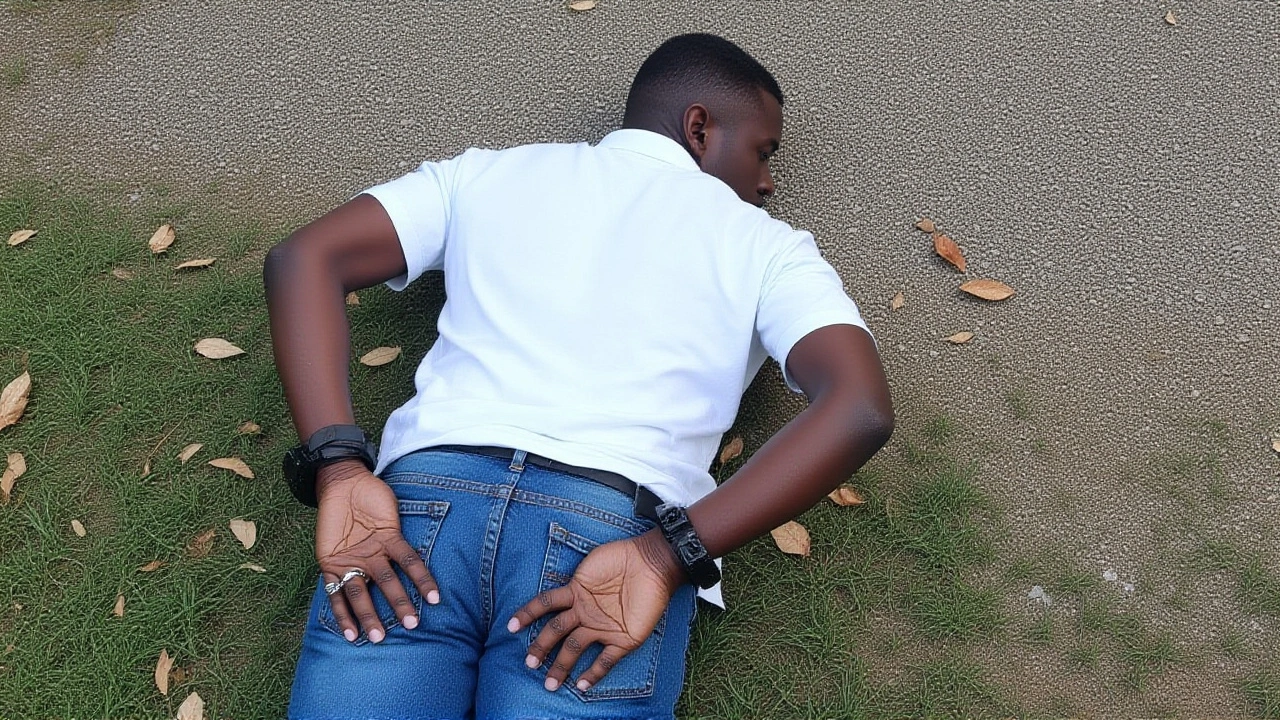
What’s Next?
The temporary trench is working — for now. But it’s not a solution. It’s a delay tactic. The new contractor is expected to begin removing the concrete block by November 20, 2025. But without funding for a full system overhaul, this will happen again. And again. And again. Residents are now organizing. A community watchdog group has formed. They’re demanding independent water testing. They want CCTV installed in manholes. And they’re asking: if a concrete block can shut down a school for 16 years, what else is buried — literally — in this city’s neglected infrastructure?Frequently Asked Questions
How did a concrete block end up in a sewer pipe?
It’s likely construction debris from a nearby development project, improperly dumped into the sewer system years ago. Johannesburg Water confirmed the blockage was too large for standard equipment, suggesting it was deliberately or carelessly disposed of during a building project — possibly between 2010 and 2015, when informal construction spiked in Newlands. No records exist of proper disposal, and no one has been held accountable.
Who is most affected by this sewage crisis?
Children at Laerskool Esperanza Primary School are the most vulnerable, with daily exposure to fecal pathogens. Families living near the Waterval dump and along the Westdene Spruit face increased risk of skin infections, gastrointestinal illness, and respiratory issues from airborne bacteria. Elderly residents and those with compromised immune systems are also at high risk — yet no health clinic has been deployed to the area despite the confirmed E. coli levels.
Why hasn’t the City of Johannesburg funded the sewer upgrade?
The City of Johannesburg has prioritized road repairs and new housing projects over aging infrastructure. Sewer upgrades require R28–35 million in capital funding, and budget allocations for 2024–2025 were redirected to municipal elections. Johannesburg Water’s internal audit from July 2025 revealed that 68% of sewer maintenance funds were spent on temporary fixes — not long-term solutions — over the past five years.
What’s being done about the Waterval dump site?
The Waterval dump was officially closed in 2008, but no remediation was done. No containment walls, no liners, no drainage control. Now, it’s acting as a sewage funnel. The City’s Environmental Department has acknowledged the site’s role but claims jurisdiction is unclear between Johannesburg Water and the provincial government. No cleanup plan has been published, and no funding has been allocated — despite environmental impact reports dating back to 2012.
Can residents test their own water?
Yes — but it’s expensive and not widely accessible. The University of Johannesburg’s Environmental Lab offers low-cost testing for residents, but only 120 kits have been distributed since May 2025. Most families can’t afford the R450 fee. Community groups are lobbying for free testing through the Department of Health, but no program has been launched. Meanwhile, water samples from nearby streams continue to show E. coli levels over 10,000 MPN/100mL — far exceeding the WHO safety limit of 500.
Is this happening anywhere else in Johannesburg?
Absolutely. A 2024 audit by the Auditor-General found that 43% of Johannesburg’s sewer lines are over 50 years old and collapsing. Similar sewage spills have been documented in Soweto, Alexandra, and Tembisa. But Newlands is unique — it’s a middle-class area, and the fact that children are being exposed in a public school has forced the issue into the national spotlight. This isn’t just a poor-area problem. It’s a city-wide failure.

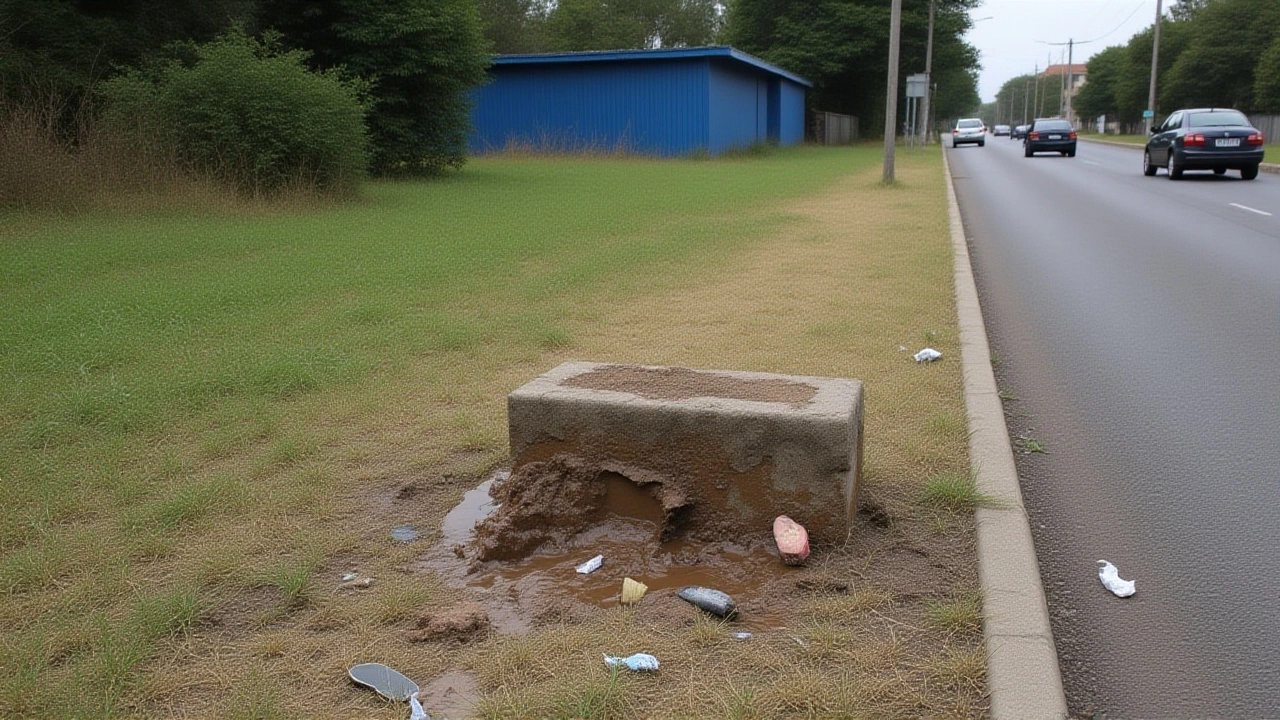


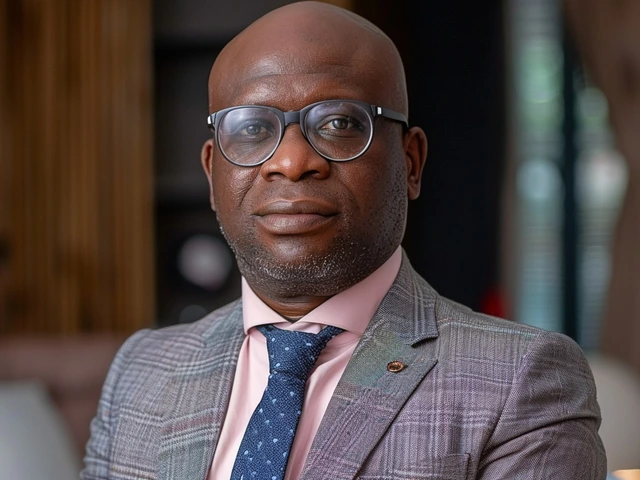
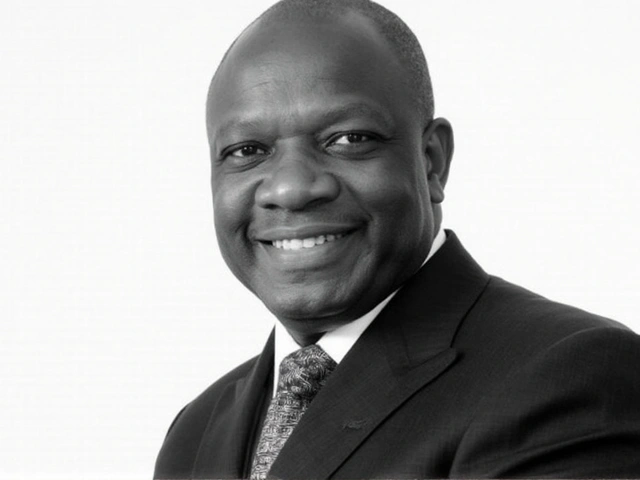
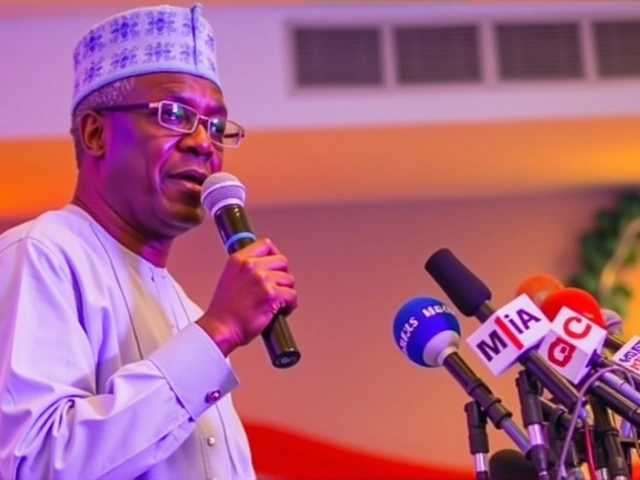
rakesh meena
November 20, 2025 AT 03:55 AMThis is insane. A concrete block shut down a school for 16 years? Someone needs to go to jail for this.
sandeep singh
November 20, 2025 AT 14:35 PMTypical Indian government thinking. Let it rot until the world notices. Why are we even surprised anymore?
Sumit Garg
November 22, 2025 AT 08:22 AMThe structural integrity of urban infrastructure in post-colonial states is a direct consequence of institutional decay. The concrete block is not the cause - it is the symptom. The real culprit is the epistemological failure of municipal governance to prioritize hydraulic systems over electoral optics.
Sneha N
November 23, 2025 AT 16:08 PMI just cried reading this. 🥺 Children playing in sewage... it’s like a scene from a dystopian novel. How do we sleep at night knowing this is happening? I’m so heartbroken.
Manjunath Nayak BP
November 23, 2025 AT 22:55 PMOkay but let’s be real - this isn’t even the weirdest thing. I read somewhere that in 2013, a whole fridge got stuck in the sewer main near Soweto and they didn’t find it until the smell hit the whole township. People think this is about a blockage? Nah. This is about a city that stopped caring in 2005 and just started pretending the pipes still work. And now they’re blaming a block? Please. The block was just the last straw. The whole system’s been dead for years. They’ve been patching it with duct tape and hope since the ANC took over. And now they want to spend R30 million? That’s the same amount they spent on new mayoral robes last year. Wake up.
Tulika Singh
November 24, 2025 AT 01:32 AMWe treat infrastructure like it’s optional. But water isn’t a privilege. It’s a right. And children shouldn’t have to pay for our neglect.
naresh g
November 25, 2025 AT 04:40 AMWait - so the concrete block was found on November 16, 2025? But the sewage has been leaking since 2009? So… they didn’t even try to inspect the pipes? No cameras? No pressure tests? No sonar? No nothing? How is that even possible? And who exactly is the ‘new contractor’? Are they licensed? Do they have insurance? Has the city done a background check? Are they from Johannesburg? Or did they just hire a guy with a backhoe from the next town? And what about the Waterval dump? Was it ever surveyed? By whom? When? Can I see the report? Is it public? Can I request it under PAIA? Has anyone filed a request? Did they get a response? Why not?
Brajesh Yadav
November 25, 2025 AT 18:09 PMThis is why I don’t trust the government. 😤 They’ll fix a blockage but not the system. They’ll give a press release but not accountability. They’ll say ‘capital funding’ like it’s magic. Meanwhile, kids are getting sick. And no one’s fired. No one’s charged. No one’s even sorry. Just another day in the land of broken promises.
Govind Gupta
November 27, 2025 AT 05:22 AMIt’s heartbreaking, really. You can see the pattern - neglect, then panic, then a band-aid. The block is just the visible tip. Underneath, the whole network is crumbling like wet cardboard. And the worst part? We knew this was coming. We’ve been saying it for years. But no one listened until the kids got sick.
tushar singh
November 28, 2025 AT 20:48 PMWe can fix this. It’s not about money - it’s about will. Let’s organize a fundraiser for water testing kits. Let’s get students to write letters to the mayor. Let’s turn this into a movement. We’ve got the power - we just need to use it.
Orlaith Ryan
November 28, 2025 AT 21:44 PMThis is unacceptable!!! Why is no one talking about the long-term psychological trauma these children are experiencing??? They’re growing up thinking this is normal?!
Chris Richardson
November 30, 2025 AT 04:09 AMI’m from the US and this hits hard. We’ve got our own infrastructure nightmares, but seeing a school turned into a biohazard zone because of a single block… it’s chilling. The real tragedy isn’t the block - it’s the decade of silence. Someone needs to be held accountable. Not just for fixing the pipe, but for letting it get this bad.